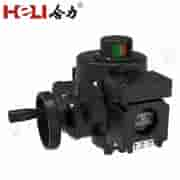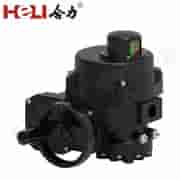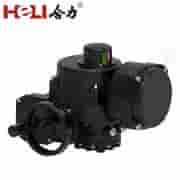
In the quest for sustainable and efficient energy solutions, hydrogen energy has emerged as a promising alternative, especially in the field of electric actuators. Hydrogen energy electric actuators represent a significant innovation that can transform various industries, including automotive, aerospace, and manufacturing. These devices leverage hydrogen fuel cells to produce electricity, enabling the actuation of mechanical systems with minimal environmental impact. This article delves into the workings, advantages, and applications of hydrogen energy electric actuators, highlighting their potential in creating a cleaner and more sustainable future.

Understanding Hydrogen Energy Electric Actuators

